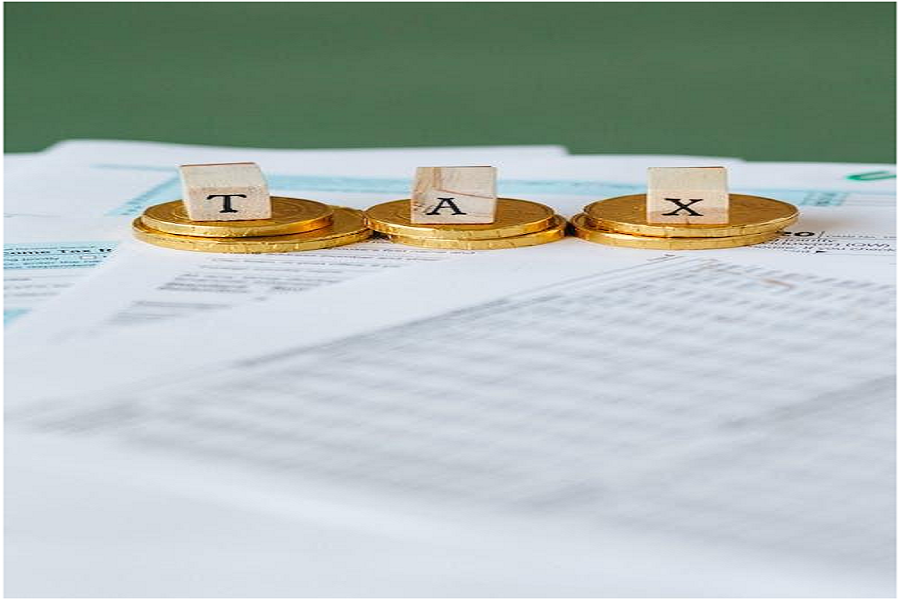At a glance:
Payment:
SRO collects stamp duty; online payment options are available.
Calculation:
Based on property value, type, and buyer’s circumstances, there are different rates for residential, commercial, and industrial properties.
Exemptions and Concessions:
Available for first-home buyers and pensioners; apply through SRO with eligibility criteria.
Deadline:
Payment due within 30 days from the liability date; late payment may result in penalties.
Stamp duty is a significant component of property transactions in Victoria, Australia. It is a tax levied on various property-related documents, including the transfer of ownership or lease of land and the creation or transfer of certain property rights. Understanding stamp duty regulations is vital for buyers and sellers to ensure compliance and make informed financial decisions in the commercial real estate industry.
In this blog post, we will explore four crucial aspects of stamp duty in Victoria that everyone involved in property transactions should understand.
Crucial Aspects to Understand on Stamp Duty in Victoria
Payment of Stamp Duty
The State Revenue Office (SRO) plays a central role in paying stamp duty in Victoria. The SRO administers the state’s revenue laws, including collecting stamp duty. The SRO provides online payment options to make the process more convenient, allowing buyers and sellers to pay their stamp duty electronically. By visiting the SRO’s official website, individuals can access the necessary information and submit their payments securely.
Determining the Amount of Stamp Duty Payable
The calculation of stamp duty in Victoria depends on several factors. These include the property value, property type, and the buyer’s circumstances. Residential, commercial, and industrial properties are subject to different stamp duty rates. Higher property values generally attract higher stamp duty amounts, highlighting the importance of understanding how the property’s value affects the overall cost. For buyers and sellers interested in commercial real estate or industrial properties, knowing the specific stamp duty rates and regulations about these property types is essential.
Exemptions and Concessions
In Victoria, exemptions and concessions can help reduce or eliminate the burden of stamp duty for certain individuals. For example, first-home buyers may be eligible for grants and concessions to make homeownership more accessible. Additionally, pensioners may also qualify for concessions on stamp duty. These exemptions and concessions can lead to substantial savings and benefits for buyers. Familiarising oneself with the eligibility criteria and conditions associated with each exemption or concession is crucial.
First Home Buyer Exemption:
– Available to first-time home buyers who purchased a property after a specific date.
– No stamp duty payment required for properties valued below a certain threshold.
– Buyer must live in the property for a specified duration (12 months).
First Home Buyer Exemption:
– Applies to first-time home buyers who purchased a property within a certain value range.
– Provides a reduced stamp duty payment based on the property value.
– Buyer must meet residency requirements and can only claim the concession once.
Principle Place of Residence (PPR) Concession:
– Applicable to property buyers planning to live in the purchased property.
– Offers a concession on stamp duty for properties within a specified value limit.
– No restriction on whether it’s the buyer’s first home.
Off-the-Plan Concession:
– Pertains to buyers who purchase properties before construction commences.
– Eligibility depends on factors like contract signing, property ownership, and qualification for other concessions.
Pensioner Exemption or Concession:
– Available to pensioners purchasing properties for their primary residence.
– Offers an exemption or concession on stamp duty payment based on property value.
– Buyer must hold a relevant pension or concession card and meet specific criteria.
Applying for an Exemption
If individuals believe they are eligible for a stamp duty exemption in Victoria, they can apply to the State Revenue Office. The application process typically requires providing relevant documentation and meeting specific eligibility criteria. It is advisable to seek professional advice or consult the SRO for guidance and assistance during the application process. The SRO website provides comprehensive information on the necessary steps to apply for an exemption, including where to submit the application and any associated fees.
When to Pay Stamp Duty
Paying stamp duty within the designated timeline is essential to avoid complications in property transactions. The due date for stamp duty payment in Victoria is typically within 30 days from the date of liability. Late payment of stamp duty may result in penalties, such as interest charges or legal consequences. Therefore, it is essential to plan ahead and ensure timely payment to avoid any unnecessary complications.
Conclusion:
Understanding the various aspects of stamp duty in Victoria is crucial for both buyers and sellers in property transactions. By comprehending the payment process, determining the amount payable, exploring exemptions and concessions, and adhering to the payment timeline, individuals can navigate stamp duty regulations more effectively. It is important to stay informed about any changes in stamp duty laws and seek professional advice when needed. By doing so, buyers and sellers can ensure compliance, make informed financial decisions, and potentially maximise their savings in property transactions.





